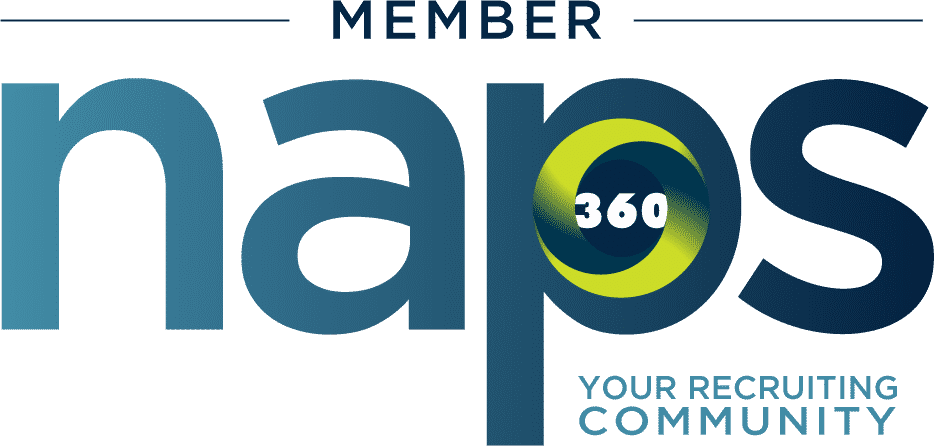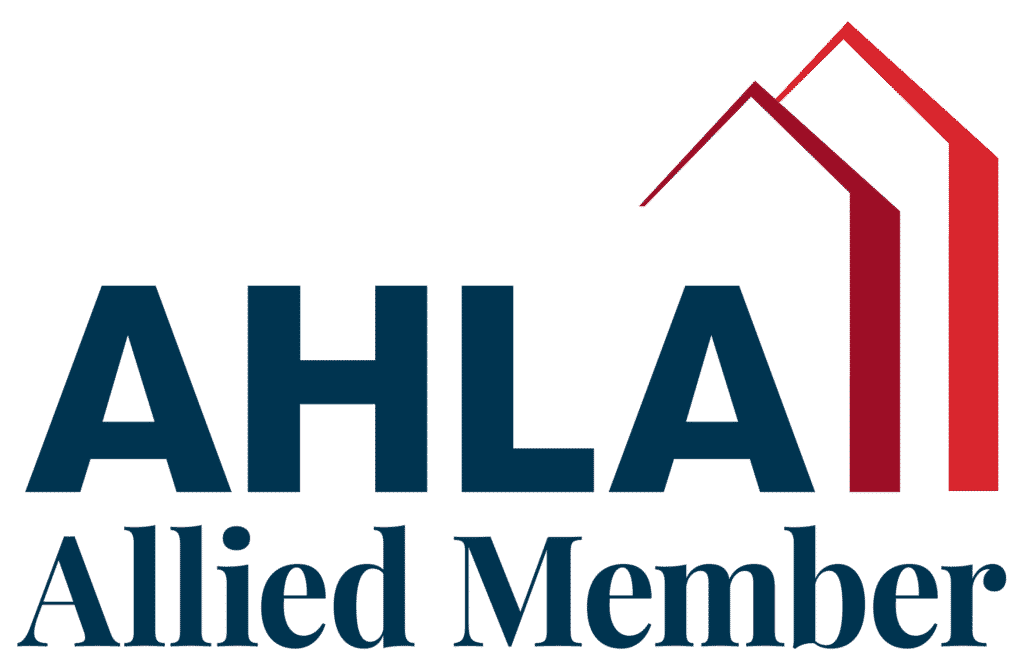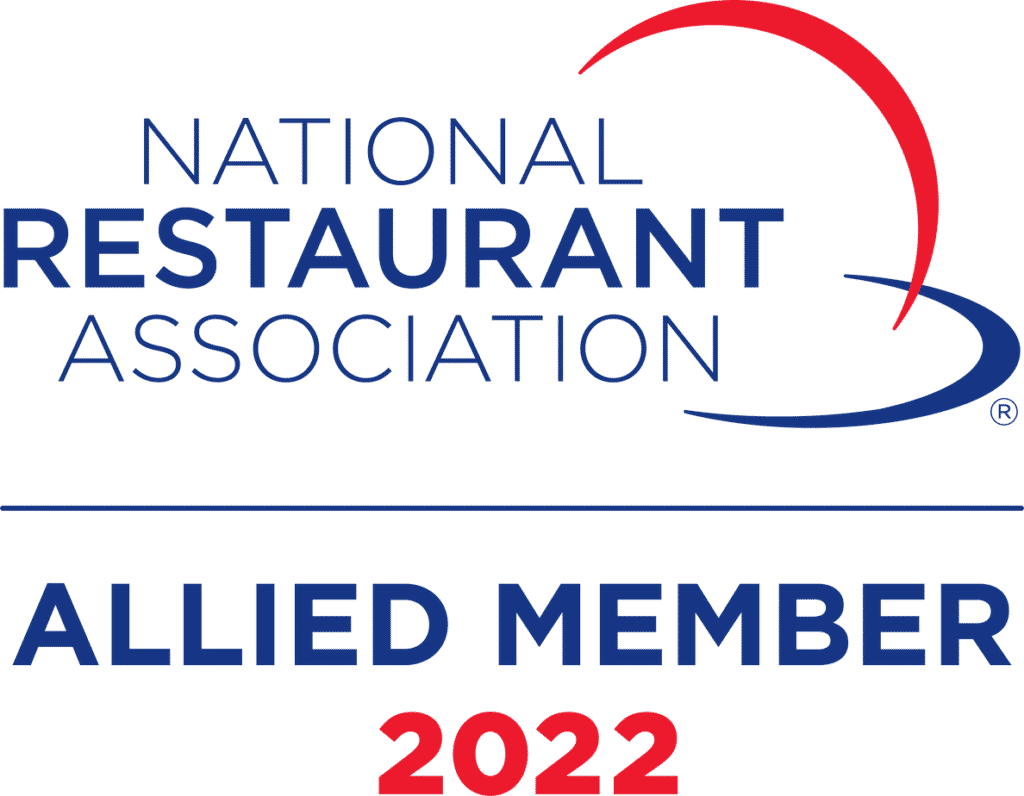Being a hospitality manager is no easy task. It takes more than just charisma and courage to excel in this role. A manager needs to be on top of everything at all times and never let anything slip through their fingers. Human Resources often see red flags and warning signs when interviewing candidates for hospitality management positions. Here are some of the most important things to keep in mind if you want to land that dream job in hospitality management.
Inconsistency in your approach can be a red flag for HR. When presenting yourself as a well-polished professional, it’s important to maintain consistency throughout all aspects of the job. This means ensuring that emails and other communications are properly structured without any typos or errors. When attending an interview, be aware that this is a team effort and the receptionist will have been coached to monitor your behavior. Depending on the success of the hire, HR may even go as far as to involve additional employees. So, what is HR looking for in a hospitality manager?
One colleague I spoke to described how they watch the security cameras to assess a candidate’s behavior from the moment they leave the car until they return. Little things like taking an elevator from someone carrying file folders or littering on company property can be major red flags. Additionally, sending a handwritten thank-you note can be vitally important, particularly within American culture.
Honesty is key. Avoid using tired clichés like “my biggest weakness is perfectionism.” This only makes you appear disingenuous. A good hospitality manager needs to focus on facts and admit mistakes when needed. That honesty translates into greater self-awareness and helps avoid potential disasters down the line.
Being honest also means stating whether you are overqualified for the hospitality management position in question. Explain why you want to take on the role and outline your goals. This level of open communication goes a long way toward building trust. If you’re seeking only a short-term position but have relevant skills to the job, it’s worth discussing this during the interview as well.
Don’t lose focus. Avoid oversharing personal details about your life or discussing your previous co-workers’ negative opinions about you. Stay professional and focused on job-relevant details during the interview. Leave objectives off your resume, as they can often be difficult to focus on and can even lead to your application being discarded.
Finally, remember to remain professional over the phone. This includes putting your best foot forward and not getting too familiar with the interviewer, even if it’s just a phone interview. Keep in mind that at the end of the day, every interaction is still part of the interview process.
Lessons Learned From Failed Management Interviews
Facebook
Twitter
LinkedIn
Email
- Tags: hospitality jobs





